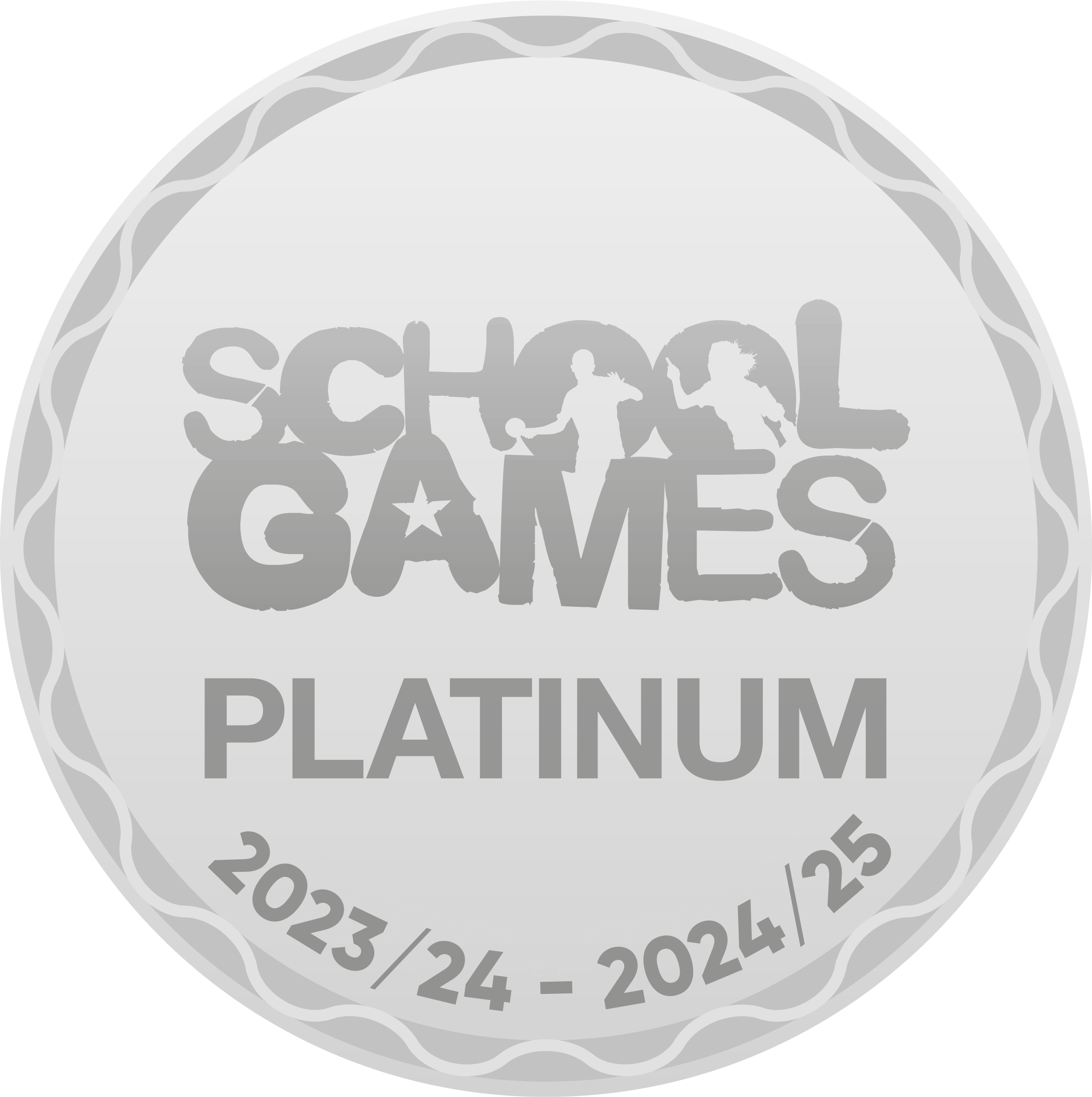SCIENCE at SSPP
Tell me and I will forget,
Show me and I will remember,
Involve me and I will understand.
Aristotle
Intent
At SSPP, we encourage our children to develop an enquiring mind and analytical thinking skills through an interesting and relevant enquiry-based science curriculum. Science continues to change our lives in many different ways and learning about scientific knowledge, methods, processes and uses provides the foundations for understanding the world in which we live today and for the future. We study a varied curriculum which is carefully planned to interleave into other contexts to help build long term memory. The knowledge and skills are built year by year and covers the three scientific disciplines of biology, physics and chemistry.
Characteristics of a Scientist
The ability to think independently and raise questions about working scientifically and the knowledge and skills that it brings.
Confidence and competence in the full range of practical skills, taking the initiative in, for example, planning and carrying out and reviewing scientific investigations.
Excellent scientific knowledge and understanding which is demonstrated in written and verbal explanations, solving challenging problems and reporting scientific findings.
High levels of originality, imagination or innovation in the application of skills.
The ability to undertake practical work in a variety of contexts, including fieldwork.
A passion for science and its application in past, present and future technologies
National Curriculum
A high-quality science education provides the foundations for understanding the world through the specific disciplines of biology, chemistry and physics. Science has changed our lives and is vital to the world’s future prosperity, and all pupils should be taught essential aspects of the knowledge, methods, processes and uses of science. Through building up a body of key foundational knowledge and concepts, pupils should be encouraged to recognise the power of rational explanation and develop a sense of excitement and curiosity about natural phenomena. They should be encouraged to understand how science can be used to explain what is occurring, predict how things will behave, and analyse causes.
Aims
The national curriculum for science aims to ensure that all pupils:
develop scientific knowledge and conceptual understanding through the specific disciplines of biology, chemistry and physics
develop understanding of the nature, processes and methods of science through different types of science enquiries that help them to answer scientific questions about the world around them
are equipped with the scientific knowledge required to understand the uses and implications of science, today and for the future.
Science Curriculum Explained
Policy
Spiritual, Moral, Social and Cultural Development in Science
Assessment in Science
Year 1 Science (Deeper Learning) Year 1 Science (National Expectation) Year 2 Science (Deeper Learning)
Year 2 Science (National Expectation) Year 3 Science (Deeper Learning) Year 3 Science (National Expectation)
Year 4 Science (Deeper Learning) Year 4 Science (National Expectation) Year 5 Science (Deeper Learning)
Year 5 Science (National Expectation) Year 6 Science (Deeper Learning) Year 6 Science (National Expectation)








